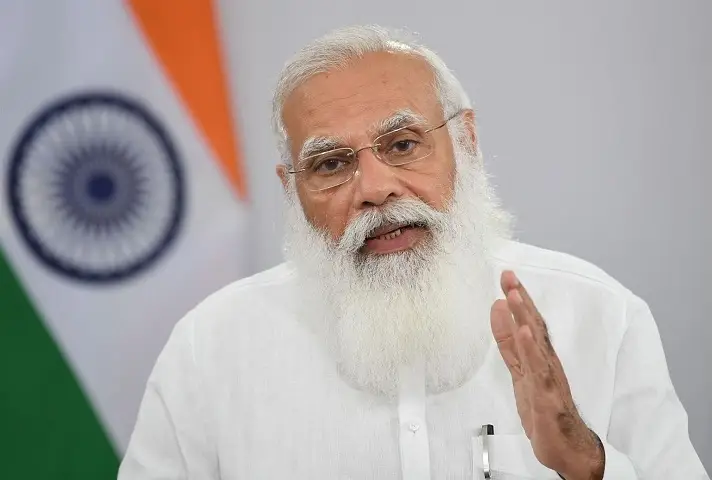Amid an increasingly volatile and uncertain geopolitical landscape triggered by the Afghanistan debacle, India needs to increase its focus on South Asia, especially the BBIN – Bangladesh, Bhutan, India, Nepal — grouping with the aim of building greater co-operation in areas including trade, security and intelligence sharing.
A peaceful South Asia is critical for economic growth and overall stability for the countries in the region.
While the global community’s eyes are fixed on Afghanistan, the South Asian countries should use it as a window of opportunity to heighten engagements among themselves. And India must play an expanded role in strengthening this block as most countries are trying to decipher the implications of the return of the Taliban.
Also read: Why Afghan soldiers go to India for training, and not Pakistan, wonders Pakistan Army
The crumbling of Afghanistan with the withdrawal of US troops has a lesson for India: New Delhi must re-chalk its foreign policy at the earliest and in this, priority must be accorded to the South Asian region.
“Nepal and India have a unique opportunity to strengthen their bilateral ties at this key juncture of global history when so many systemic (political, technological, social etc) changes are buttressing regional and global trends,” Bhaskar Koirala Director of the Nepal Institute of International and Strategic Studies told India Narrative.
“It must be emphasised that relations with India are unique for one simple reason, namely the more than 1800 kilometres open border,” Koirala said.
In fact recently, Vijay Chauthaiwale, chief of BJP's Foreign Affairs Department, visited Kathmandu and held meetings all top leaders including Nepal’s Prime Minister Sher Bahadur Deuba.
The International Business Times—an American online publication noted that Chauthaiwale’s recent visit to Kathmandu and meetings with the top leaders might go unnoticed by the masses, but it is a crucial step in the direction of jump-starting the bilateral ties between India and Nepal.
Also read: Vijay Chauthaiwale– BJP's key man in Nepal, meets Deuba
Though it is crucial to remain focused on the developments in Afghanistan – as the political contours in that country will have a direct bearing on India—New Delhi must not lose sight of its neighbours – more so, at this juncture.
Several reports have already suggested that an unstable Afghanistan will pose terror threats across the globe.
Besides Pakistan, which is currently in the grip of triumphalism at the defeat of the US troops, Russia and China too are open to engage with Afghanistan under the Taliban 2.0. Iran and Turkey are also expected to recognise the Taliban soon after it forms a government in the country.
India’s position is tricky. It has spent about $3 billion in rebuilding Afghanistan. In case New Delhi decides to totally disengage with the Taliban, it stands to lose the goodwill that it has earned so far in the country while allowing others to take a lead role in rebuilding the war-torn country.
Sources said that India has currently adopted a wait and watch policy. “A decision will be taken (on Afghanistan) in due course,” an insider said.
While India needs to tread with caution, it must continue to deepen ties with a BBIN partnership as the focus.




















